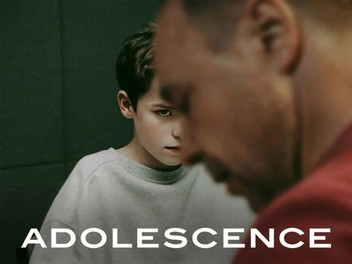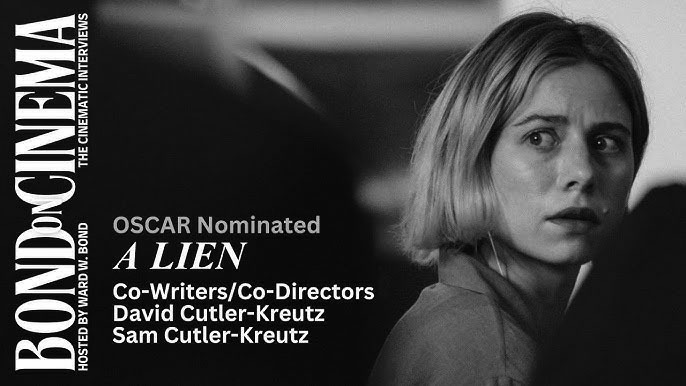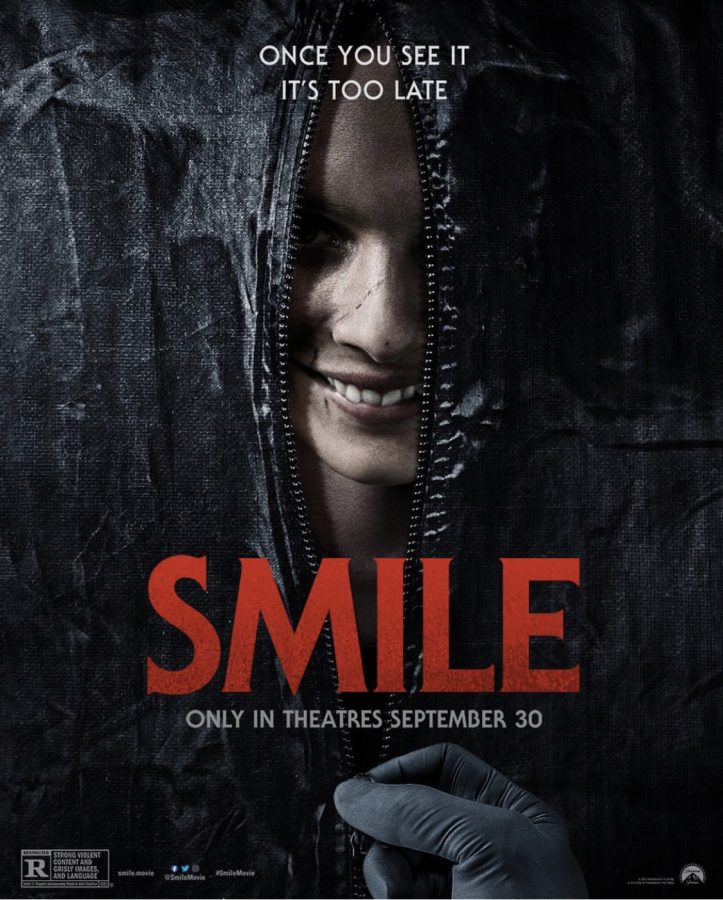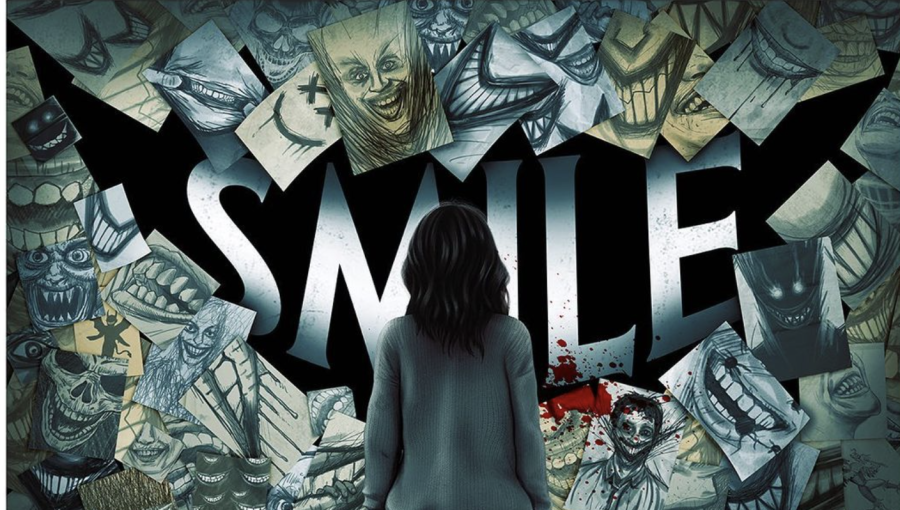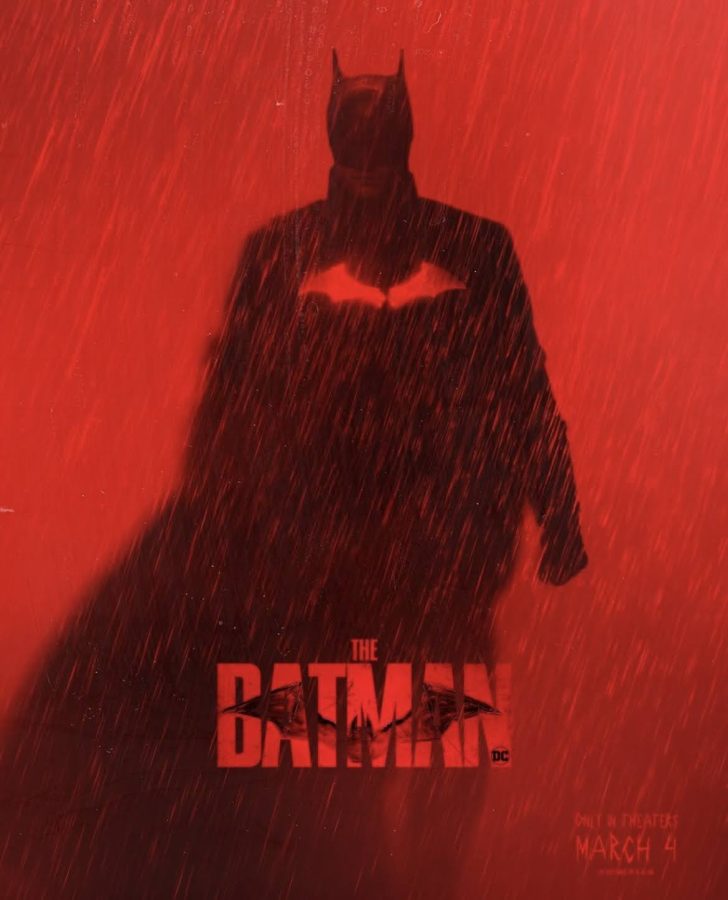Significant accomplishments have always been of human interest. The sense of doing something before someone else, or conquering the unconquerable is the drive that compels much of our actions.
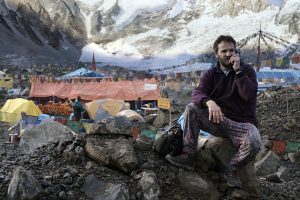
Such is the case with Mount Everest. Towering nearly 30,000 feet above sea level, Everest has attracted nearly 4,000 people to reach its summit at the top of the Earth.
Some do it for a living, others for the sense of accomplishment, and others feel compelled to conquer the nature set before them. With such a stigma behind it, it is no wonder that a film was made about Mount Everest.
Based off the true story of the 1996 Mount Everest disaster, Everest focuses on an expedition led by Rob Hall, one of the prominent mountaineers of the late twentieth centuries.
Played by Dawn of the Planet of the Apes’ Jason Clarke, Hall takes several clients to snowy Nepal to conquer the feat. Among his company is an American doctor named Beck, played by Josh Brolin, from whose perspective the story is told.
The rest of the crew is a mix of people from all over the world trying to conquer the mountain. So, the film follows the crew as they train to adapt to the low oxygen altitude while bonding as a team comprised of lawyers, mailmen, and doctors. The common goal of conquering Everest brings them together throughout their trials.
After a month of training, Hall leads his crew on the climb. Mount Everest, being so large a climb, has three camps set up above the basecamp.
The crew makes their way through these camps. Along the way, Hall meets other guides, most notably Scott Fischer (Jake Gylenhaal), an American guide who has a very different approach to climbing than Hall.
Hall, from New Zealand, is incredibly empathetic and holds his clients’ hands all the way up the mountain. However, Hall is strictly bound by safety concerns and even prevents clients from summiting if summiting will put the crew behind schedule.
Fischer, on the other hand, is very much a cowboy in the sense that he takes joy in risks. Despite the two different ideologies, the two partner up in climbing Everest due to faulty rope placement.
About halfway through the film, the characters reach the summit of the highest mountain in the world.
The second half of the film focuses on the events that happened after Hall’s ascent. In May of 1996, a freak winter storm quite literally attacked the mountain and made it nearly impossible for the climbers to descent.
This is played out for the rest of the movie, and the focus shifts to how the characters can come down from Everest with their lives.
Everest is definitely a good movie. How good of a movie is the question at hand here. The biggest draw of the film is the beautiful scenery and imagery of the Himalayas, which is one of the prettiest spots on Earth.
The sweeping camera angles capture this natural beauty very well, with grand cinematography that captures an entire landscape.
Filmed on-location, the footage transports the viewer to the mountain.
Literally shivering in my seat in the theater, I felt as thought I was on the climb with Hall and Beck.
When the crew reaches the summit, the viewer feels a vicarious sense of accomplishment due to the intriguing cinematography.
Tying into the natural landscapes are excellent CGI effects, mostly involving the storm that comes. Incredibly menacing, the dark clouds that blend seamlessly over the mountains.
This storm is even on par with the sand storm in Mad Max: Fury Road, which is one of the best visual effects sequences this year.
Because the setting is so engaging, the effects of the storm truly make one sympathize for the climbers’ conditions.
There are several great performances in here as well, most notably by Jason Clark, who’s composure and inflection make him a very likable lead.
Also on the positive side is the scientific accuracy of the film. The screenplay makes special efforts to explain the medical effects of low oxygen such as hypoxia, and why some gear is better than others.
On the other hand, the editing seems to be a little confusing, mostly with regards to character focus. While Brolin, Clark, and Gyllenhaal all do their jobs well, the movie keeps changing focus as to who the viewer is supposed to sympathize with, or from whose perspective the story is being told from Fischer, for example, is not given any closure at all.
The focus even shifts to Sam Worthington, who plays a friend of Hall in basecamp. By changing the focus so much, it is hard to get genuinely attached to any of the characters, and moments that should be heartfelt are emotionally dry and bland.
The greatest survival film to this day is Gravity, not bearing in mind the subjectivity of film.
By keeping the struggle from Sandra Bullock perspective, Gravity succeeded in keeping the viewer 100 percent engaged in the struggle the whole time. Not so much the case here.
The ending of the film is very anticlimactic, which is, admittedly, the nature of the story it is based upon. Yet coming out of the theater, I didn’t feel the melancholy that the film wants to evoke.
While I very much enjoyed Everest, it is something I would only see once. However, seeing the landscapes in IMAX 3D is very much an experience that transports the viewer.
As said in the movie, climbing the mountain costs a small fortune. Seeing Everest on the big screen is the next best thing, so it is absolutely worth the price of admission despite the lack of emotional investment.







